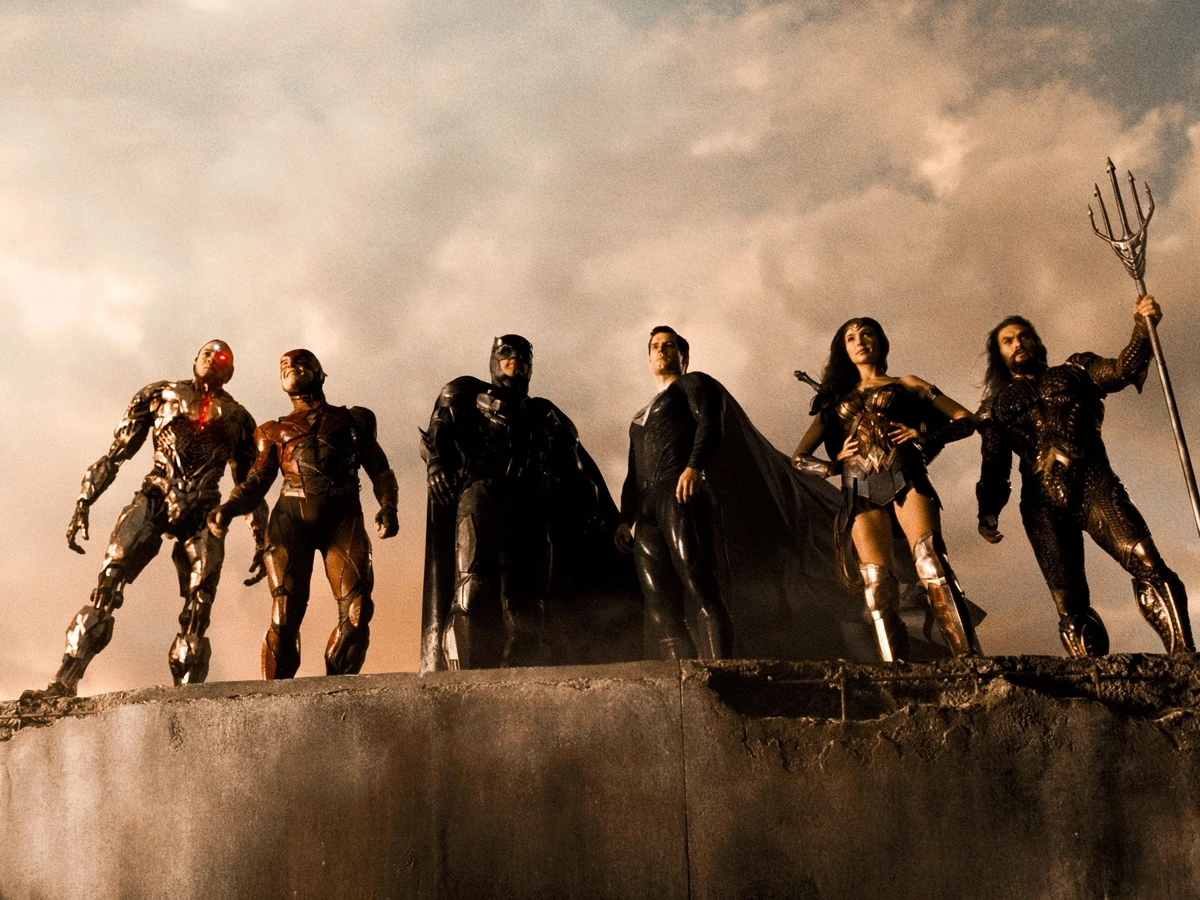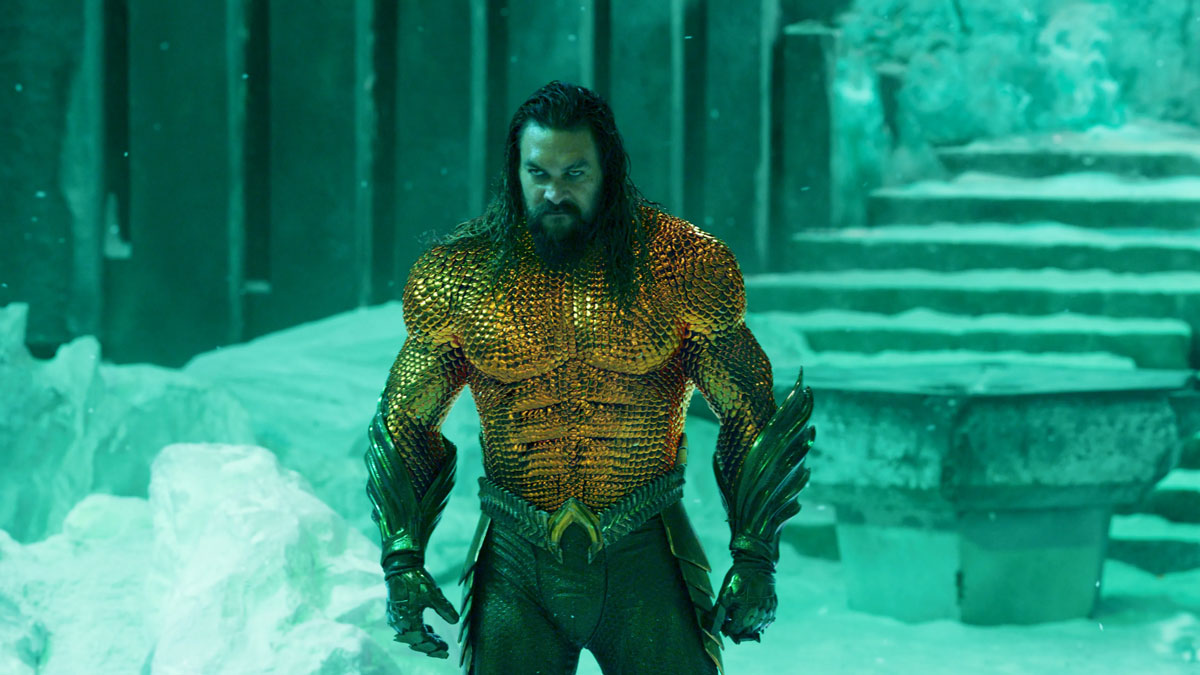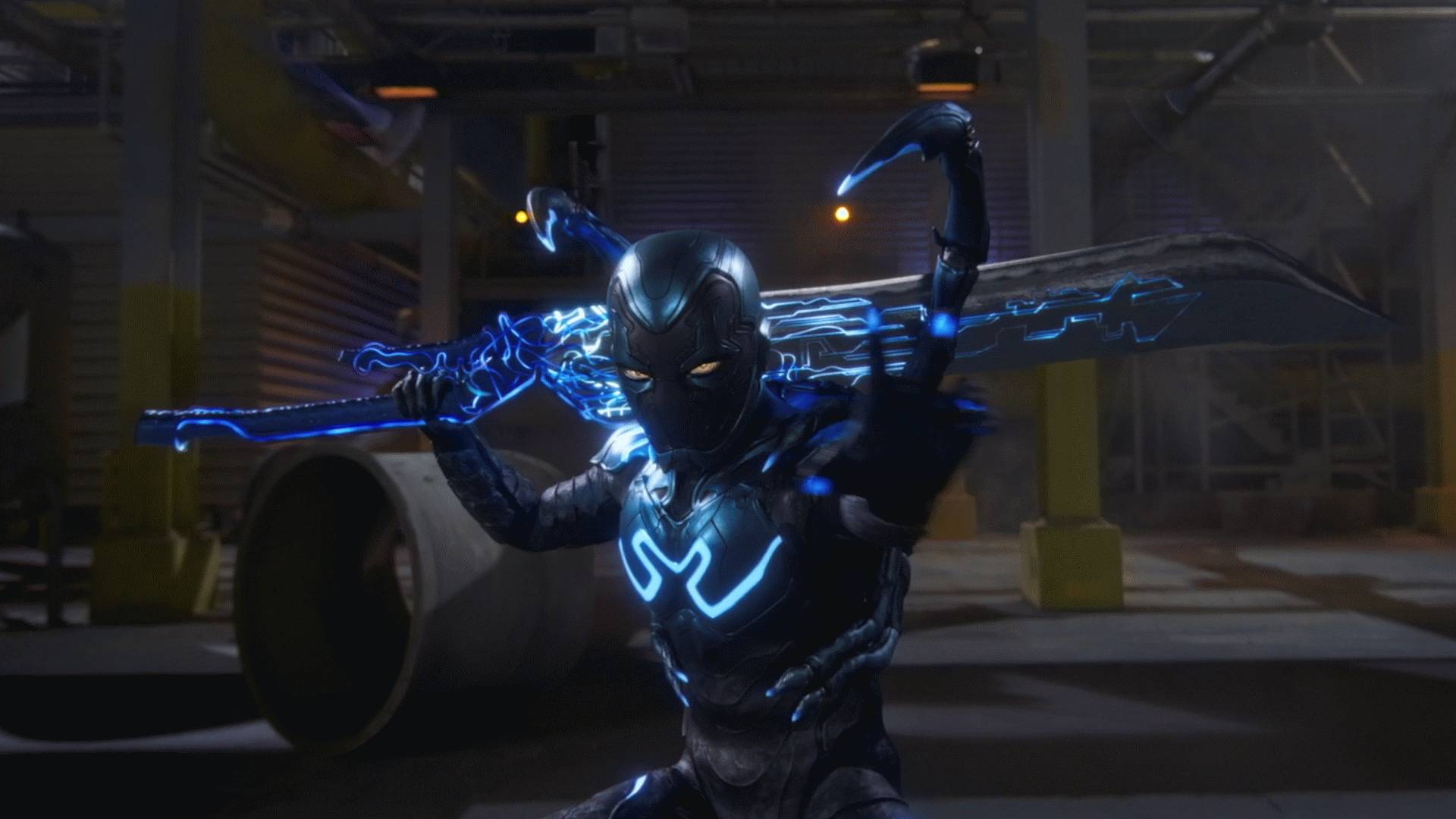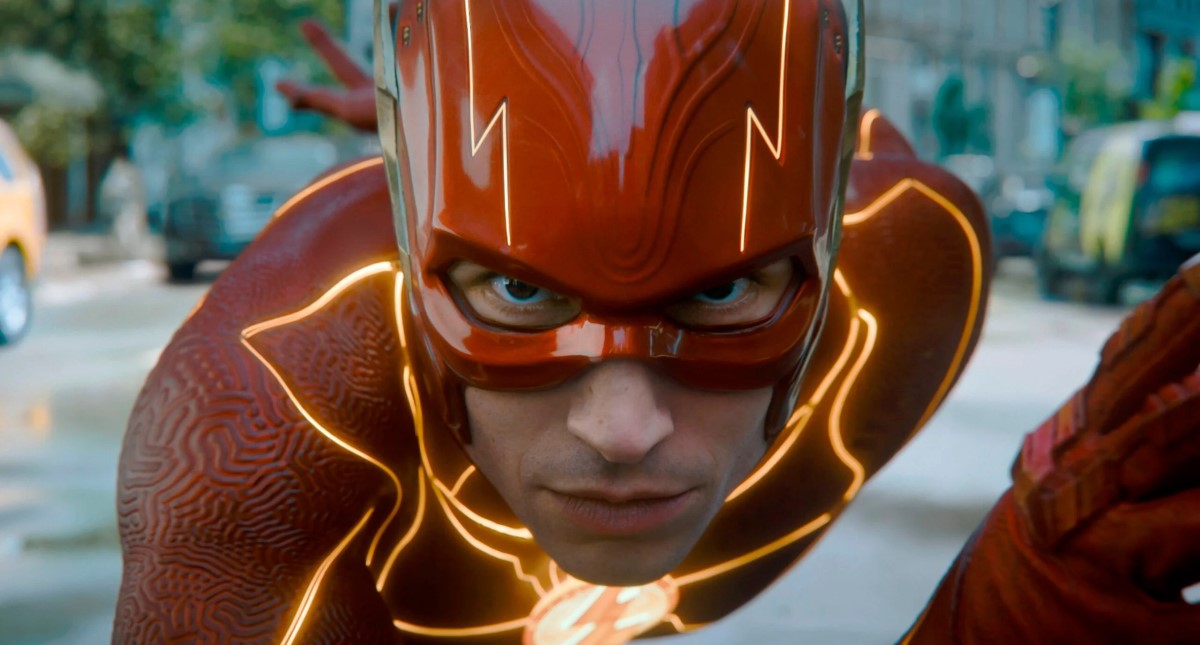The DC Extended Universe (DCEU) concludes with Aquaman and the Lost Kingdom, reflecting on a journey of unexpected triumphs and disappointments, influential casting, and an uncertain legacy that may only be appreciated in hindsight
As the curtain falls on the DC Extended Universe (DCEU) with the release of Aquaman and the Lost Kingdom, it’s time to reflect on a saga defined by its soaring highs and profound lows.
In the final month of 2018, Aquaman made its grand entrance, embodying the zenith of superhero cinema. The event was a spectacle, with Jason Momoa, the embodiment of the genre’s royalty, arriving at the premiere with a flourish, brandishing a golden trident. The premiere buzzed with energy, Maori dancers shared their culture, and stars such as Nicole Kidman and Amber Heard added a dash of Hollywood glamour. This celebratory mood was fitting for a film that would join the billion-dollar club, a feat shared by its contemporaries Black Panther, Avengers: Infinity War, and Spider-Man: Into the Spider-Verse in a landmark year for comic book movies.
Contrastingly, five years later, the sequel’s introduction was markedly understated. Aquaman and the Lost Kingdom arrived with a gentle ripple rather than a splash, premiering at a refined event at The Grove, attended primarily by influencers and headlined only by Momoa and director James Wan. The change in tone from its predecessor’s premiere was stark, symbolizing the undulating journey of the DCEU.
This universe, which spanned over a decade, was marked by its unexpected triumphs and equally surprising disappointments. It was an era initiated by visionary filmmakers, with Zack Snyder’s distinctive, darker tone leaving an indelible mark. Yet, the DCEU’s roots reach back to Christopher Nolan’s groundbreaking Dark Knight trilogy and were further cultivated under the guidance of Jeff Robinov at Warner Bros. This period saw unexpected hits like Aquaman, which defied expectations to gross over $1.1 billion globally, and apparent surefires like ‘Justice League’ that fell short of their potential.
The narrative of the DCEU is also a tale of what could have been. The ambitious ten-picture plan unveiled by Kevin Tsujihara in 2014 promised a new dawn for the DC universe, with titles ranging from Wonder Woman to Cyborg and Green Lantern. However, this grand vision largely remained unfulfilled, with the DCEU frequently finding itself in the shadow of the Marvel Cinematic Universe, a comparison that often overshadowed its unique attributes.
Throughout its journey, the DCEU witnessed the rise of global phenomena like Wonder Woman, while also experiencing setbacks with films like The Flash, which stumbled amid critical and audience reception. In the background, spinoffs and side projects like Suicide Squad and Birds of Prey attempted to expand the universe in new directions. Meanwhile, Warner Bros. navigated through corporate upheavals, leadership scandals, and a revolving door of ownership that added layers of complexity to the DCEU’s trajectory.
Despite the commercial success of many of its films, the DCEU often grappled with finding a lasting place in the broader cultural conversation. Yet, it’s undeniable that the universe’s casting choices left an enduring legacy, with actors like Henry Cavill, Gal Gadot, and Ben Affleck becoming the definitive faces of their iconic characters.
As we bid farewell to the DCEU, with Joker: Folie à Deux marking a solitary upcoming release, there’s a sense of both closure and anticipation. The introduction of DC Studios, spearheaded by James Gunn and Peter Safran, suggests a new chapter is on the horizon, with Superman: Legacy poised to redefine the legacy of this storied universe.
The final judgment on the DCEU’s legacy, akin to the initial reception of the Star Wars prequels, may only be fully realized in retrospect. As the superhero genre perhaps approaches a pivotal moment of transition, the impact and resonance of the DCEU will continue to unfold, influencing perceptions of cinematic heroism for future generations. In the end, the sum of its parts may indeed prove to be greater than the whole, a testament to a unique era in film history marked by ambition, aspiration, and undeniable impact.





